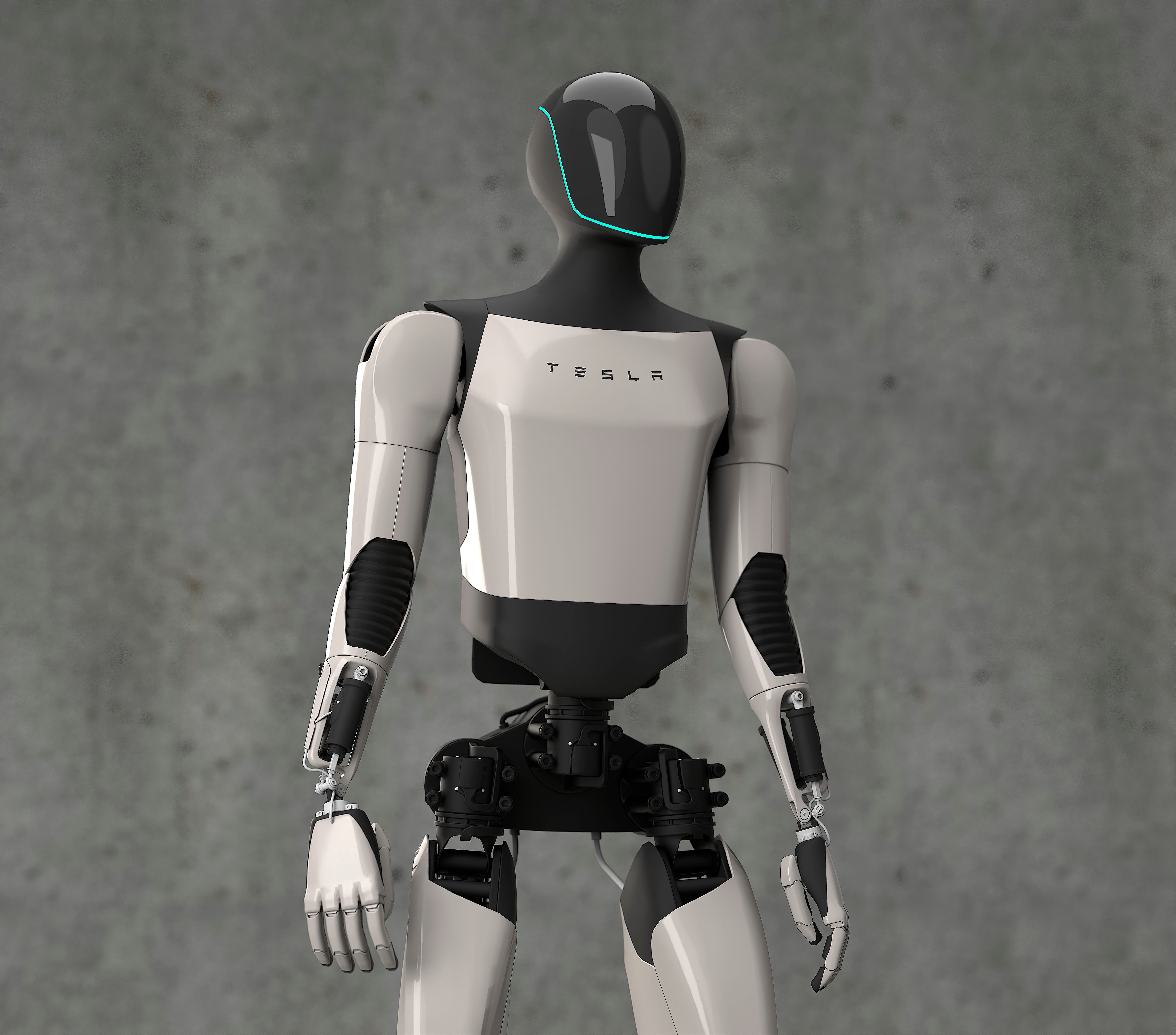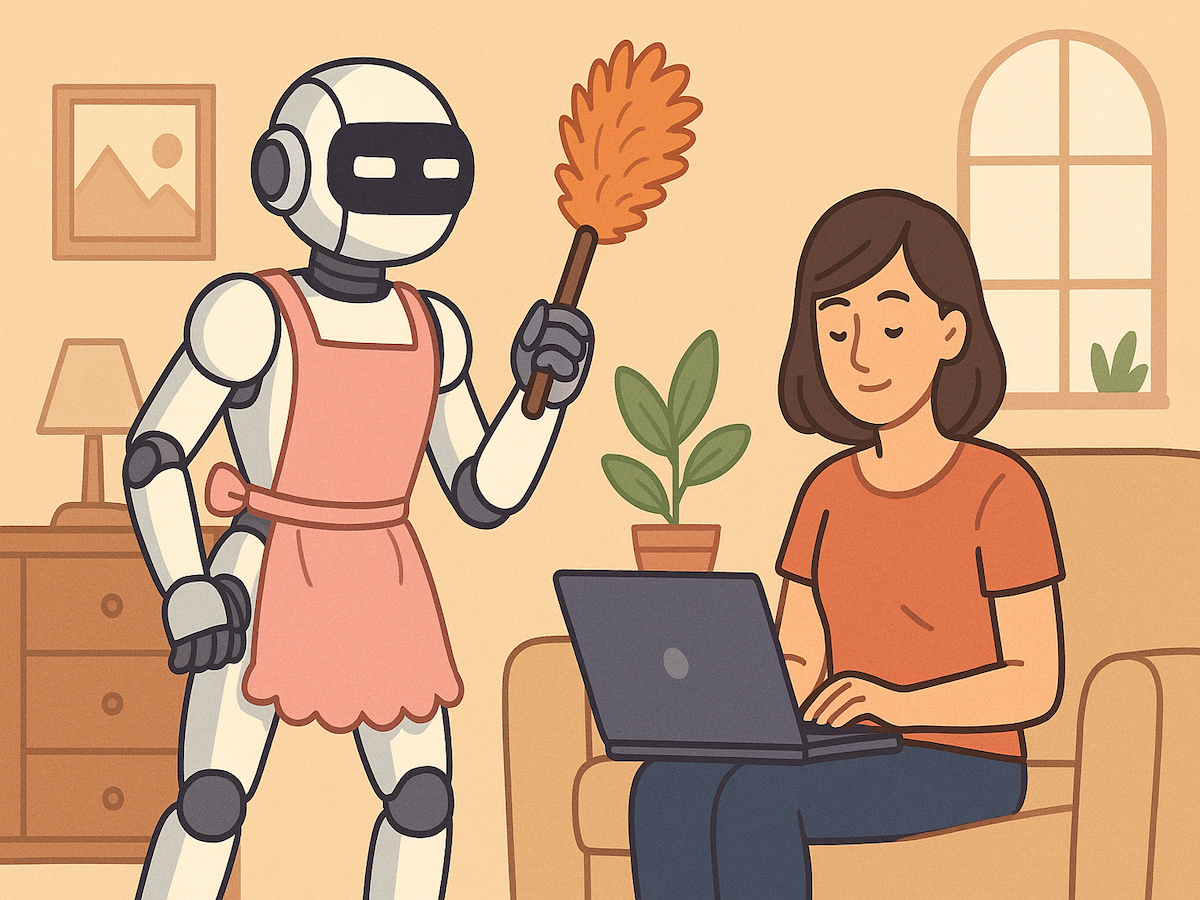For nearly two decades, we've framed the challenge of women in tech as a percentage problem. "Only 23% of tech workers are women," we say, "so we need to increase that number." This zero-sum framing inevitably creates conflict — if women's representation increases, it feels like men's opportunities must decrease.
The uncomfortable truth is that despite decades of effort and billions invested in diversity initiatives, we haven't even returned to the percentage of women in tech that existed in the 1980s. We're not just failing to make progress; we're actively creating division and resentment that makes future progress even harder.
Meanwhile, the real threat to all human workers, regardless of gender, is accelerating toward us. AI-driven job disruption is predicted to eliminate 20% of current positions across sectors, including knowledge work. While we're fighting over who gets which existing jobs, the entire landscape of work is being transformed.
The Expanding Universe of Opportunity
Here's what changes everything: AI doesn't just threaten jobs, it creates entirely new categories of opportunity. It's accelerating the rise of solo entrepreneurs and opening unprecedented frontiers for the bold and innovative. The most pressing questions aren't about dividing existing resources, but about what humans will do when AI handles not only routine tasks, but many of our most prestigious and revered cognitive tasks as well!
Consider the potential of household robots like Tesla's Optimus. Since women globally perform 75% of unpaid domestic work, automation of household chores could free up hours of women's time daily.

But history warns us that technological progress doesn't automatically translate to liberation. Every previous "labor-saving" device has simply raised the bar for household standards or created new expectations.
Related Article: 10 Jobs Most at Risk of AI Replacement (And How to Transition)
A New Framework for Progress
We need to abandon the percentage-based approach entirely and embrace a mission-driven framework. Instead of asking "How do we get more women into existing tech jobs?" we should ask "How do we mobilize the best of all human potential to solve our greatest challenges?"
Climate crisis. Disease. Human suffering. Inequality. These problems demand the innovative capacity of every brilliant mind, regardless of gender. They require diverse perspectives working together, not competing for limited seats at the table.
At my organization, we've supported nearly half a million participants across 120 countries in developing AI-powered solutions to real-world problems. Our AI accelerator focuses on girls, but a third of their mentors are men. We've learned that breakthrough innovation happens when diverse groups unite around shared objectives, not when they compete for resources.
The Bridge We Need to Build
The solution isn't to abandon equity efforts, it's to reframe them.
The truth is, cultural stereotypes and rigid masculinity norms hurt men just as much as they hurt women. As therapist Terry Real notes, we're raising boys to "disconnect from vulnerability, disconnect from their feelings, disconnect from others" — then wondering why men struggle with depression, substance abuse and failed relationships. We teach boys that emotional expression is weakness, that asking for help is failure, that their worth depends on dominating rather than connecting.
The result? Young men today are floundering without healthy role models. They're choosing between toxic "manosphere" influencers who promise dominance through bullying, or rejecting masculinity altogether. There are virtually no models of healthy, relational masculinity — men who can be strong and vulnerable, successful and emotionally intelligent, competitive and collaborative.
AI can help us move beyond these limitations, but only if we consciously choose to use it that way.
A Call to Action
I have a specific ask for Fortune 500 CEOs: Let's collectively invest in upskilling 50 million young people, equally split between men and women, to become tech entrepreneurs and innovators. Not to fill predetermined roles, but to create new solutions to humanity's greatest challenges.
For HR leaders, educators and engineers reading this: start planning AI upskilling programs for your teams and students. Focus on teaching people to tackle real-world problems with innovative solutions. Make these opportunities available equally to everyone, but frame them around purpose and impact, not percentages.
The businesses that thrive in the AI era will be those that harness the full spectrum of human creativity and problem-solving ability. Companies that cling to zero-sum thinking about talent will find themselves competing for yesterday's jobs while tomorrow's opportunities pass them by.
Related Article: AI and IT Jobs: Threat or Opportunity?
The Choice Before Us
We stand at an inflection point. We can continue fighting over a shrinking pie of traditional jobs, creating resentment and division that weakens us all. Or we can recognize that AI is creating a fundamentally larger pie, one big enough for everyone who's willing to innovate, adapt and work together.
The choice is ours. But we need to make it now, together, before the old frameworks trap us in conflicts that no longer serve anyone's interests.
Learn how you can join our contributor community.
